What is Biodynamic Agriculture?
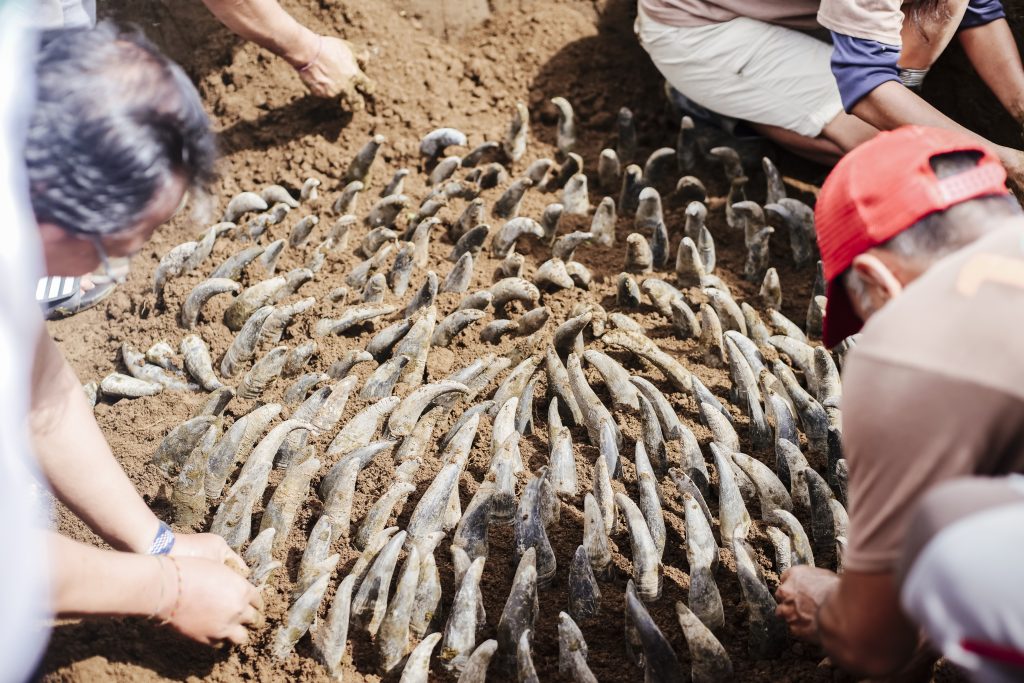
Biodynamics is a holistic approach to farming and gardening that integrates principles of ecology, sustainability, and spirituality. The term was first introduced by Austrian philosopher Rudolf Steiner in the early 20th century as part of a series of lectures known as the “Agricultural Course.” Biodynamic farming emphasizes viewing agricultural land as an integrated ecosystem where […]
Introduction to Biodynamic Farming Methods
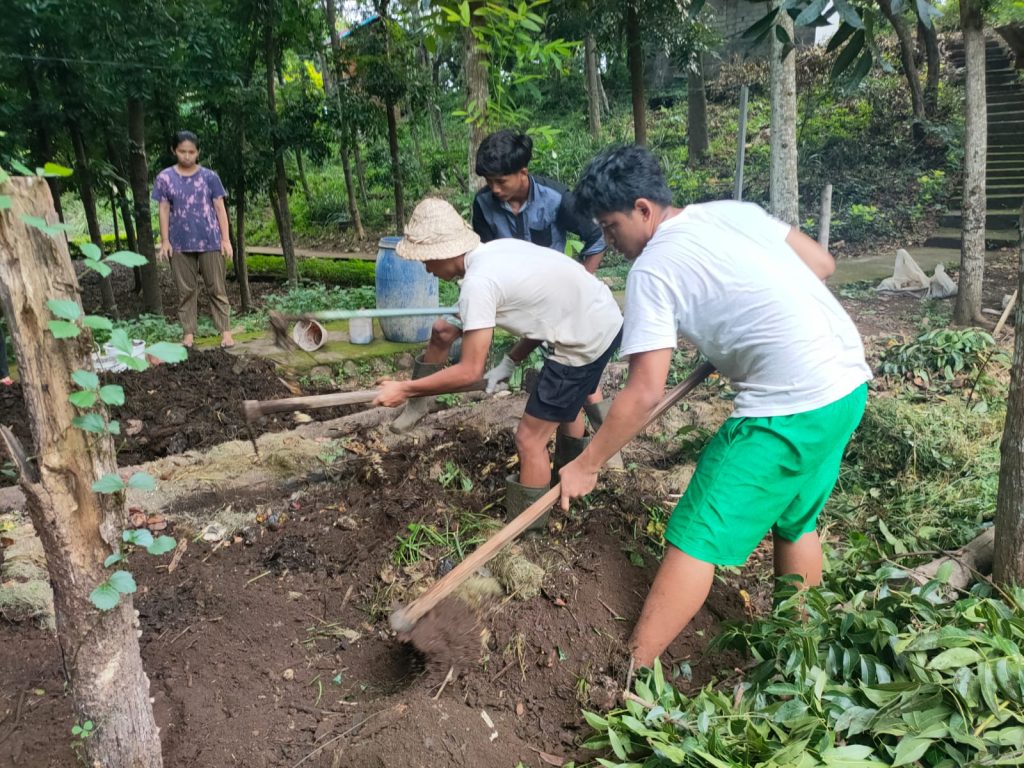
Biodynamic farming is a holistic and regenerative approach to agriculture developed by Austrian philosopher Rudolf Steiner in the early 20th century. Unlike conventional farming, biodynamic farming views agriculture as a complete ecosystem where all elements—soil, plants, animals, and humans—work synergistically. The biodynamic approach emphasizes sustainability and soil health. Soil is treated as a living organism […]
Benefits of Biodynamic Farming for the Soil
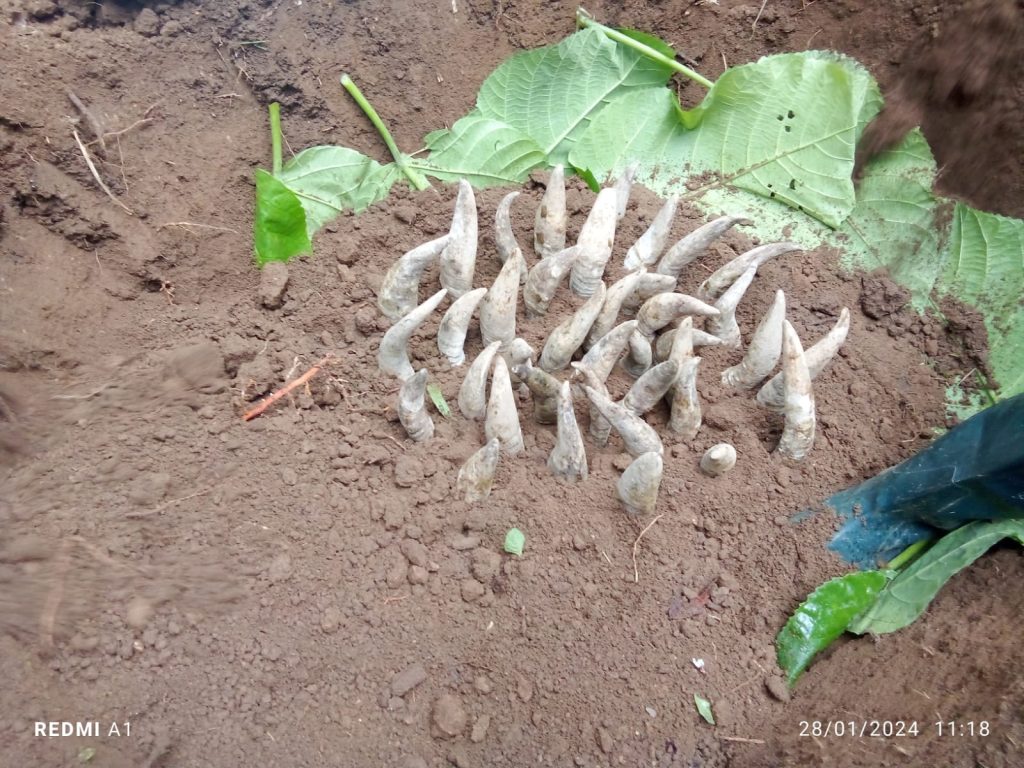
Biodynamic farming provides many benefits for the soil, including improved soil fertility. By using biodynamic compost rich in microorganisms, the soil becomes more fertile and better supports healthy plant growth. This compost also helps improve soil structure, increasing the soil’s ability to retain water and nutrients. Additionally, biodynamic farming reduces dependence on synthetic chemicals such […]
The Role of Communities in Biodynamic Farming

Communities play a crucial role in biodynamic farming. In biodynamic approaches, cooperation and synergy among community members are key to success. Farmers, gardeners, consumers, and supporters work together to create a sustainable and harmonious agricultural system. One important aspect of the biodynamic community is the sharing of knowledge and experience. Through workshops, seminars, and discussion […]
Biodynamic Community Initiatives in Indonesia
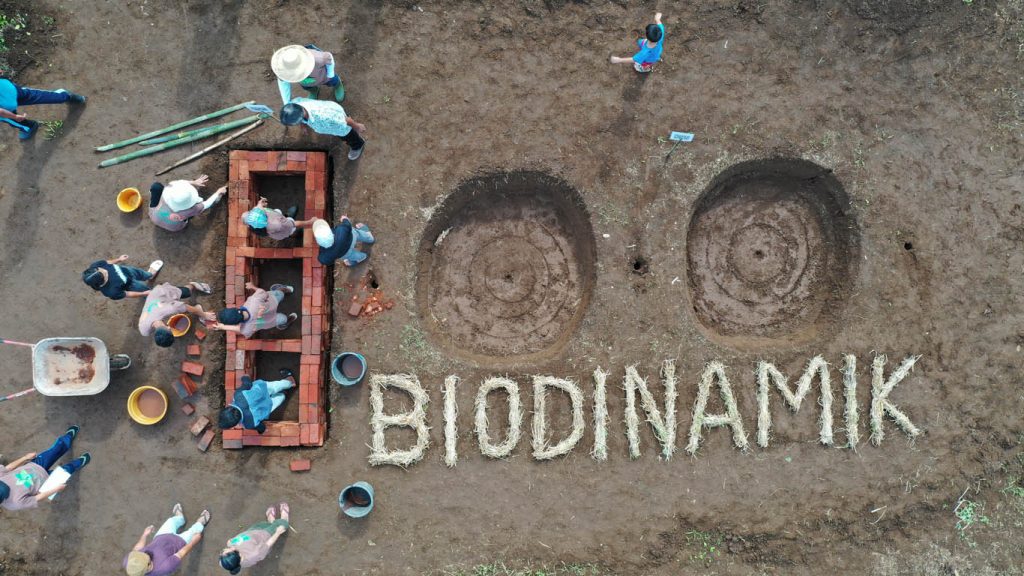
In Indonesia, biodynamic community initiatives are increasingly flourishing as awareness grows about the importance of sustainable and environmentally friendly agricultural practices. Various local communities are beginning to adopt biodynamic approaches to enhance soil quality and fertility, as well as to produce healthy and high-quality food. One example of this initiative is a community of farmers […]
Social Benefits of the Biodynamic Community
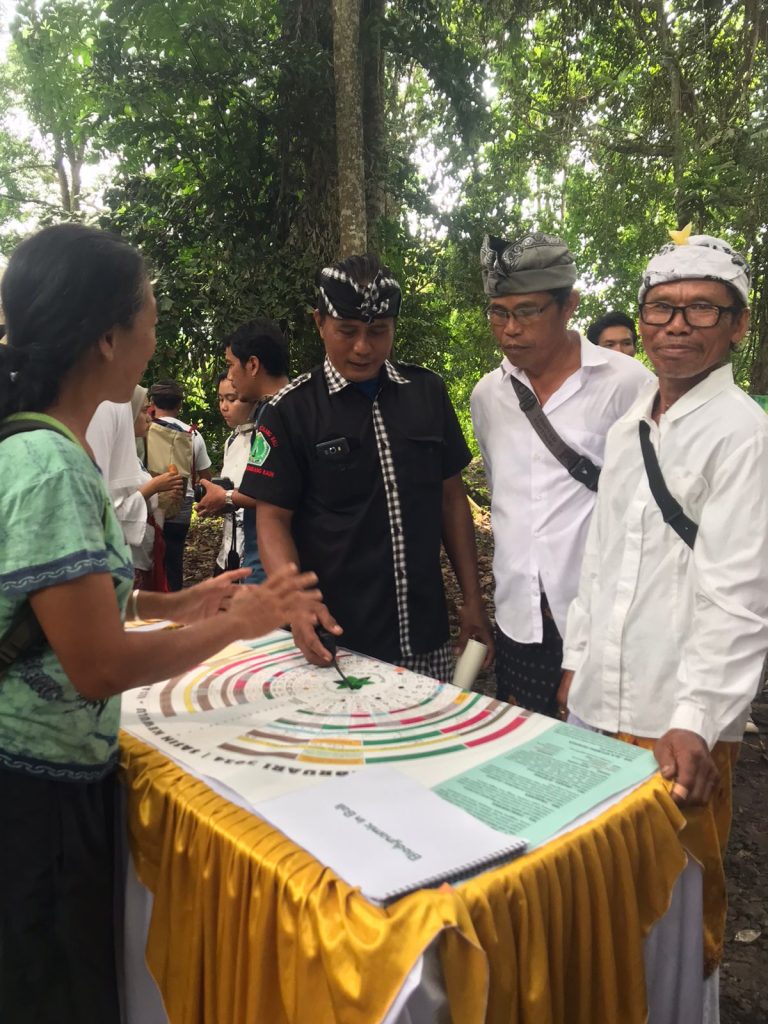
The biodynamic community not only positively impacts the environment and agriculture but also provides significant social benefits to its members. One of the primary benefits is the increased sense of togetherness and solidarity. Through collaboration in agricultural activities, community members build stronger relationships and mutual support. Community activities such as collective composting, planting cover crops, […]
Introduction to Biodynamic Farming
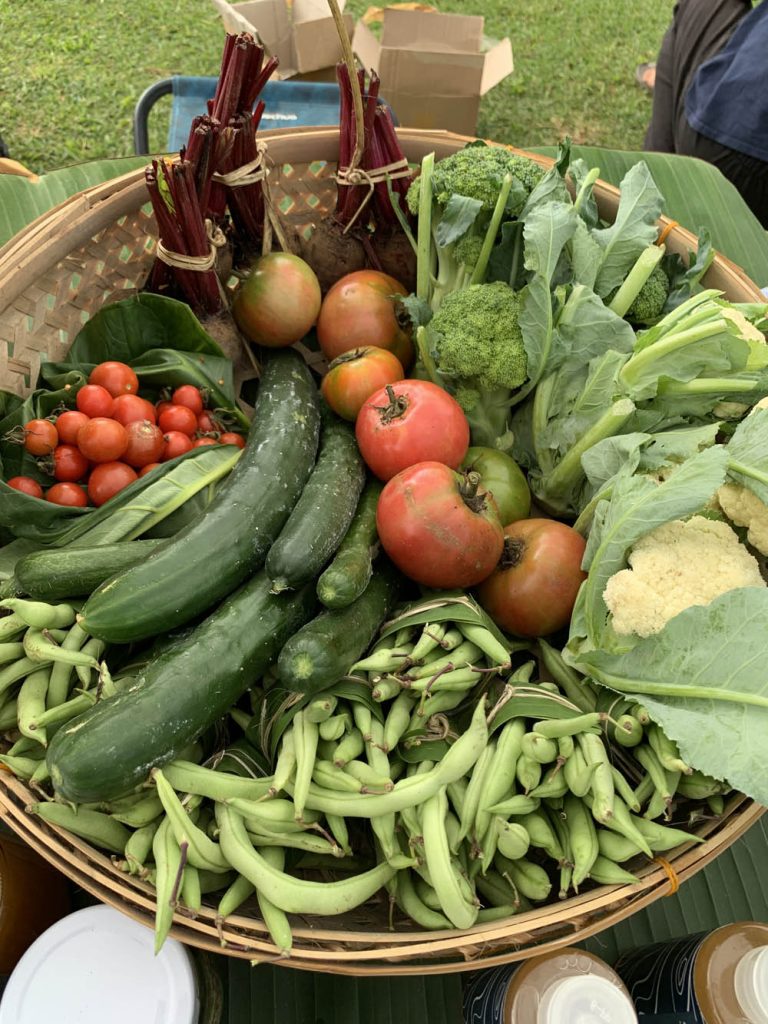
Biodynamic farming is a holistic approach to agriculture that integrates principles of ecology, sustainability, and spirituality. Developed by Rudolf Steiner in the early 20th century, this method views the farm as an integrated ecosystem where soil, plants, animals, and humans work together harmoniously. This approach involves the use of biodynamic preparations made from natural materials […]
Benefits of Biodynamic Farming for Soil
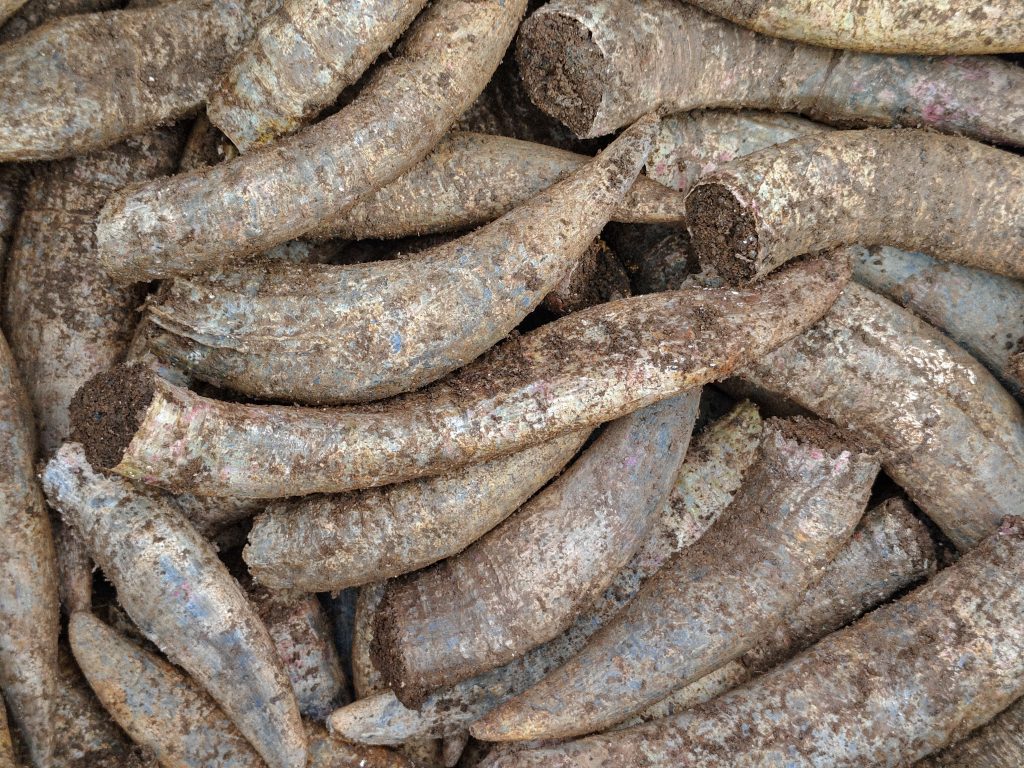
Biodynamic farming offers numerous benefits for the soil, including improved fertility and long-term health. By using compost and biodynamic preparations, the soil becomes more fertile and capable of supporting healthy plant growth. Biodynamic preparations, such as Preparation 500 made from fermented cow manure, help increase microbial activity in the soil and improve its structure. This […]
Positive Environmental Impacts of Biodynamic Farming
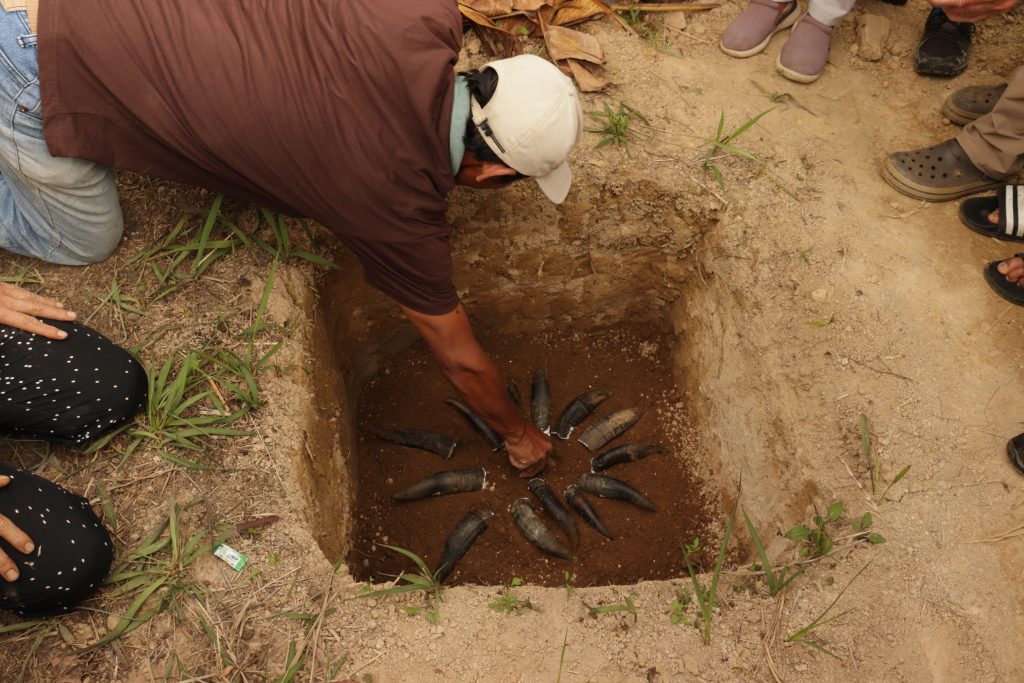
Biodynamic farms have a significant positive impact on the environment. By reducing or even eliminating the use of synthetic chemicals, biodynamic farming helps maintain ecosystem balance and reduces soil and water pollution. One of the main ways biodynamic farming protects the environment is through crop rotation and the use of cover crops. Crop rotation helps […]


